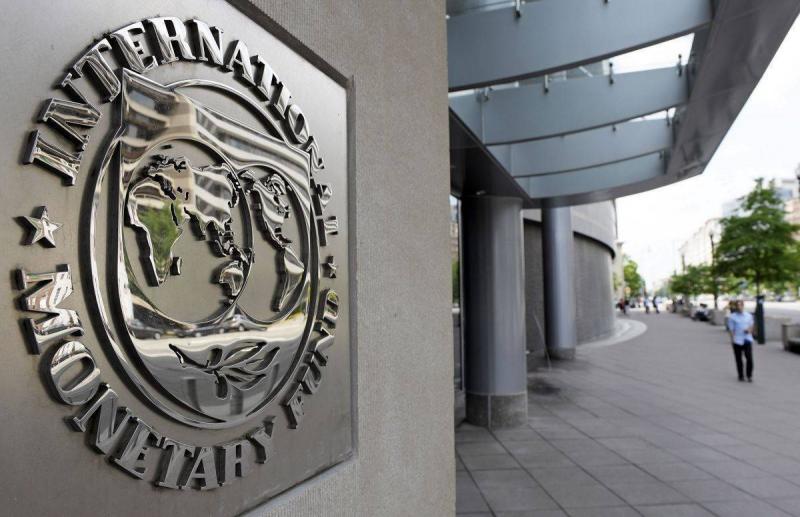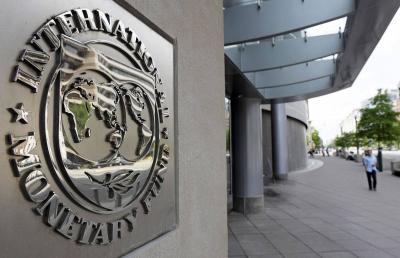On Tuesday, the International Monetary Fund (IMF) raised its forecast for global economic growth and updated its predictions for the economies of the United States and China, while suggesting a faster-than-expected easing of inflation. IMF Chief Economist Pierre-Olivier Gourinchas stated that the updated World Economic Outlook report showed a "soft landing" on the horizon, but overall growth and global trade remain below historical averages.
Gourinchas told reporters in Johannesburg, "The global economy continues to show remarkable resilience with steadily declining inflation and sustained growth. The chances of a soft landing have increased," adding, "We are still far from a scenario of global recession." He warned that growth is still sluggish and risks remain, including geopolitical tensions in the Middle East and attacks in the Red Sea.
The IMF noted that the improved forecasts were supported by strong private and public spending despite tightening monetary policies, as well as an increase in the labor force participation rate, supply chain reforms, and the decline in energy and commodity prices.
The IMF forecasted global economic growth of 3.1% in 2024, up 0.2% from its October projections, while keeping the expected growth rate for 2025 unchanged at 3.2%. The historical average for global growth from 2000 to 2019 was around 3.8%.
The IMF kept its October forecast for inflation at 5.8% for 2024, while lowering its prediction for the following year to 4.4%, down from 4.6% in previous projections. The report also anticipated a 2.3% decline in oil prices in 2024, compared to a 0.7% decrease in the October forecast, along with an additional drop of approximately 4.8% in the following year.
In the United States, the IMF revised its projections for the country's economic growth in its January report to 2.1% for 2024, up from 1.5% in previous forecasts, with growth expected to be around 1.7% in 2025.
In China, the report projected economic growth of 4.6% for the current year, compared to about 4.2% in previous estimates, with growth of around 4.1% expected for the following year.
Gourinchas anticipated that the Federal Reserve, the European Central Bank, and the Bank of England would gradually start lowering interest rates in the second half of 2024.




